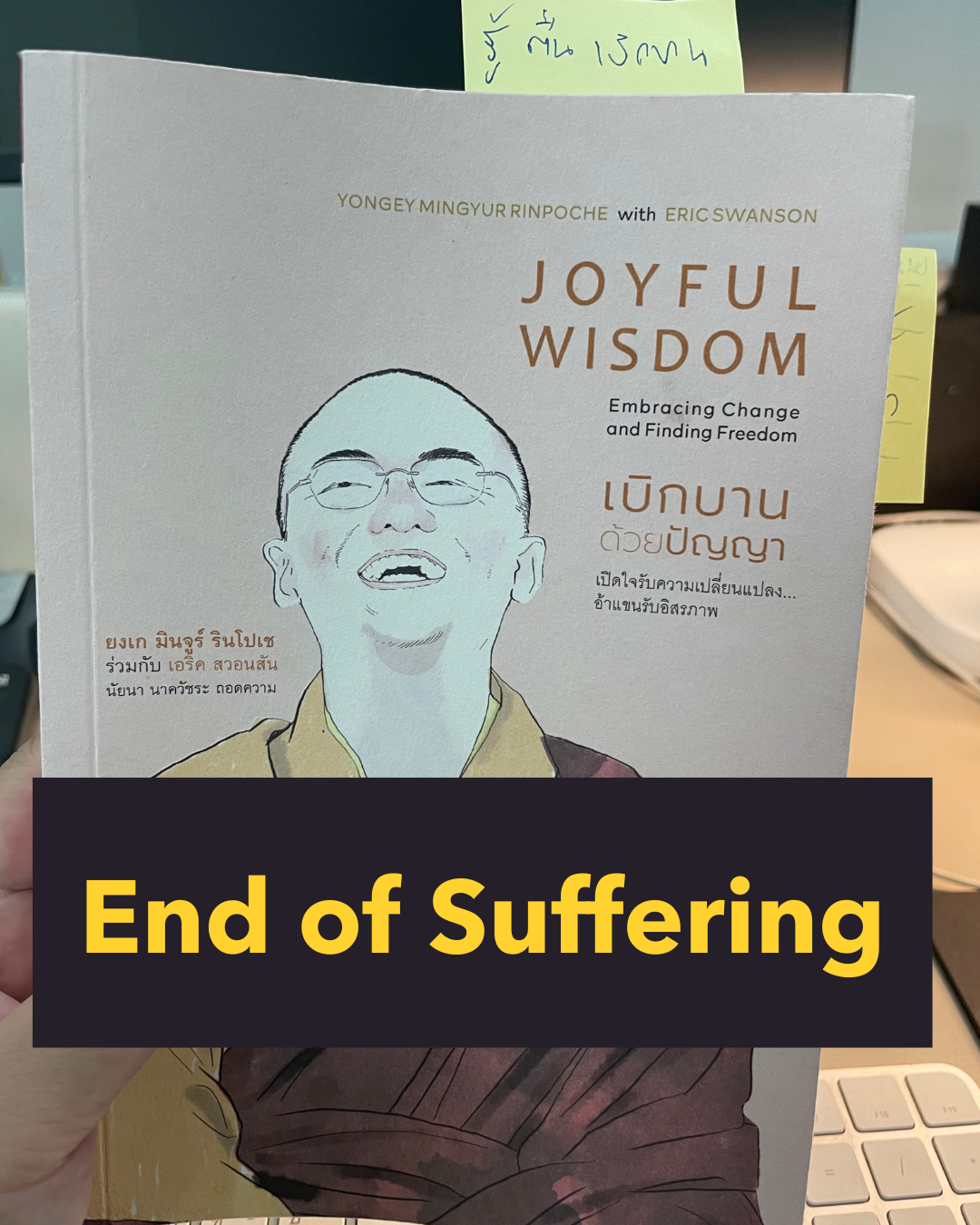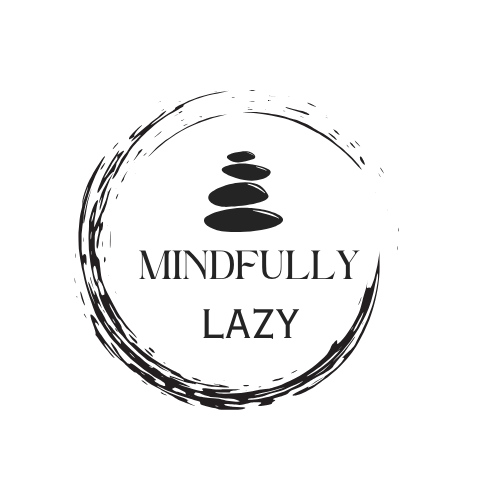End of Suffering and How to Achieve This State

After writing about Dukkha (suffering) and Samudaya (the origin of suffering) last time, there were requests to write about "Nirodha (the cessation of suffering) and Magga (the path to the cessation of suffering)." So today, I'm continuing with that.
(Read about Dukkha and Samudaya here)

Nirodha is the state where suffering ceases, a state where the mind is clear and radiant, transcending all phenomena.
It might be a state that's difficult to explain, but Yongey Mingyur Rinpoche, the author of the book "Joyful Wisdom," compares it to a crystal ball that can reflect anything. If placed in a red room, it will reflect red, or if covered with a cloth, it will reflect the color of that cloth. Whatever passes by cannot destroy the crystal ball's inherent potential to be clear and reflect everything.
Knowing that we all have "Bodhicitta" within us, or the potential for enlightenment, Rinpoche defines as a "positive prognosis." This means that all suffering can disappear using the tools we are born with, namely the mind, or as Rinpoche says, "clear awareness (sampajañña)."
He gives an example of the moment we attain Buddhahood (or access the awakened state): it's like when we first see the magnificent Grand Canyon and are filled with an overwhelming feeling, "Ah... it's so beautiful." But the word "beautiful" alone cannot encompass the entire experience we had standing there for the first time. Nirodha is similar; it's a state difficult to describe, something known personally.
The Buddha explained that Nirodha has 3 characteristics:
- Knowing - A state of knowing everything: past, present, and future.
- Awakened - A state that can elevate the minds of all beings immeasurably, enabling them to attain this state as well.
- Joyful/Blissful - Possessing infinite loving-kindness and compassion.
But having written this far, some might wonder, "Well, why do I feel gloomy every day, not knowing, awakened, and blissful like that? It's hard enough just to find good things."
At this point, the Buddha explained that the nature of the mind has clinging (or called Upadana).
Thus, it suffers because of that clinging. Clinging is like clouds floating by, obscuring the sky and the sun. But actually, our original mind-ground is like the sky and the sun; it's always there, even if clouds sometimes cover it.
Attaining Nirodha is not a state where we are passive with an empty head, but a state where we know everything as it truly is, whether it's the Three Marks of Existence (Anicca - impermanence, Dukkha - suffering, Anatta - non-self) or seeing suffering. It can be said that it is because we have clinging that we also have the potential to attain enlightenment (by understanding and overcoming it).
Magga - The Path to the Cessation of Suffering
In this book, Magga is described as three processes:
That is, to abandon evil, to do good, and to purify one's mind.
Abandoning evil and doing good means trying to maintain a positive state of mind. This can be done by seeing the Anicca, Dukkha, and Anatta of negative phenomena that affect us. For example, if we are angry with someone, we might trace the origins and see how the various factors that caused that person to act badly towards us are complexly interconnected and beyond control. Furthermore, the reason we get angry (triggered) is because we have certain underlying memories that we are also unaware of. When all factors align perfectly, we become angry, which is also beyond our control because we cannot force anything to be as we wish in advance.
Moreover, in Vajrayana Buddhism as taught by Rinpoche, importance is often given to the cultivation of loving-kindness meditation. There is the teaching of "Tonglen," which involves imagining ourselves taking on the suffering of all beings, like absorbing a harmful poison into ourselves and transforming it into love.
As for purifying the mind, in this context, it means seeing Anicca, Dukkha, and Anatta in both good and bad things—that is, seeing them arise and pass away without clinging.
At this point, there's a story. Prim (I) once talked to an older acquaintance who was suffering from a very painful leg condition.
That person endured the pain for a long time, and medicine didn't help. So, what they could do was to look directly at the pain.
It turned out there was a moment when a thought arose in their head: "Well, the leg, it hurts. So if I cut it off, it would probably be gone. From now on, I consider it not mine."
After thinking that, they felt relieved and comfortable, started to eat, and their body began to recover.
That state itself is the abandonment of "Upadana" or clinging, the belief that everything is "ours." Or, as Buddhadasa Bhikkhu put it, "There is nothing worth being or taking/possessing" (including happiness, because it comes and then goes away).
Abandoning Upadana doesn't make us emotionless, like robots. Instead, we attain "peace" (or "tranquility"), which is true happiness.
Because, in reality, Nirvana has always been here. We are like waves in the ocean, unaware that we are also part of the ocean. It is when we realize that we are that wholeness that Nirvana arises. (And yes, we are both Individual and Wholeness, so phenomena will still pass through our mind-consciousness or awareness as usual; it's not that our brain becomes empty or that all perception ceases.)
The next article might be about Samatha and Vipassana as Buddhist tools that help extinguish suffering.
